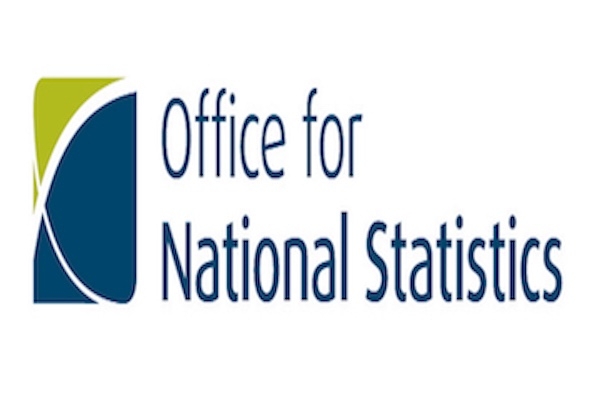Three quarters of households in Britain have sufficient financial assets to cover a 25% fall in income for three months.
Households with a self-employed head of the household were more likely to have a savings buffer, according to new ‘financial resilience’ data from ONS.
The ONS released the figures in its first weekly ‘rapid’ stats data review during the Coronavirus outbreak.
Initial results from the new Business Impact of Covid-19 Survey show:
- 73% of households in Great Britain, whose household head is an employee, had enough financial assets to cover a 25% fall in household employment income for a period of 3 months
- 54% were able to cover a 75% fall for 3 months
- 76% of self-employed households had enough financial assets to cover a 25% fall in their household employment income, and 61% could cover a 75% fall for 3 months
The ONS found that older households were most likely to be able to have enough savings to cover a fall in their household employment income.
Some 90% of self-employed households with a head of household aged between 55 and State Pension age could cover a 25% fall for 3 months, compared with 57% of those aged under 35. Data was collected last year.
The ONS’s new weekly release contains data and ‘experimental indicators’ about the impact of the Coronavirus pandemic on UK society and the economy.
In terms of businesses, for the period 9 March to 22 March:
- Of the 3,642 businesses who responded, 45% reported turnover ‘lower than expected’
- 27% said they were reducing staff levels in the short-term, while 5% reported recruiting staff in the short-term.
- Almost half (46%) of businesses who responded said that they had encouraged staff had to work from home
The majority of businesses reported that the prices they buy and sell at were stable, with 68% of businesses who responded reporting no change to their selling prices, and 63% reporting that the costs of buying goods and services generally stayed the same.

